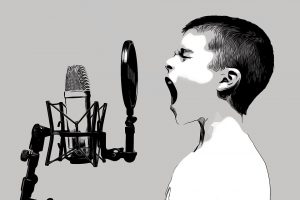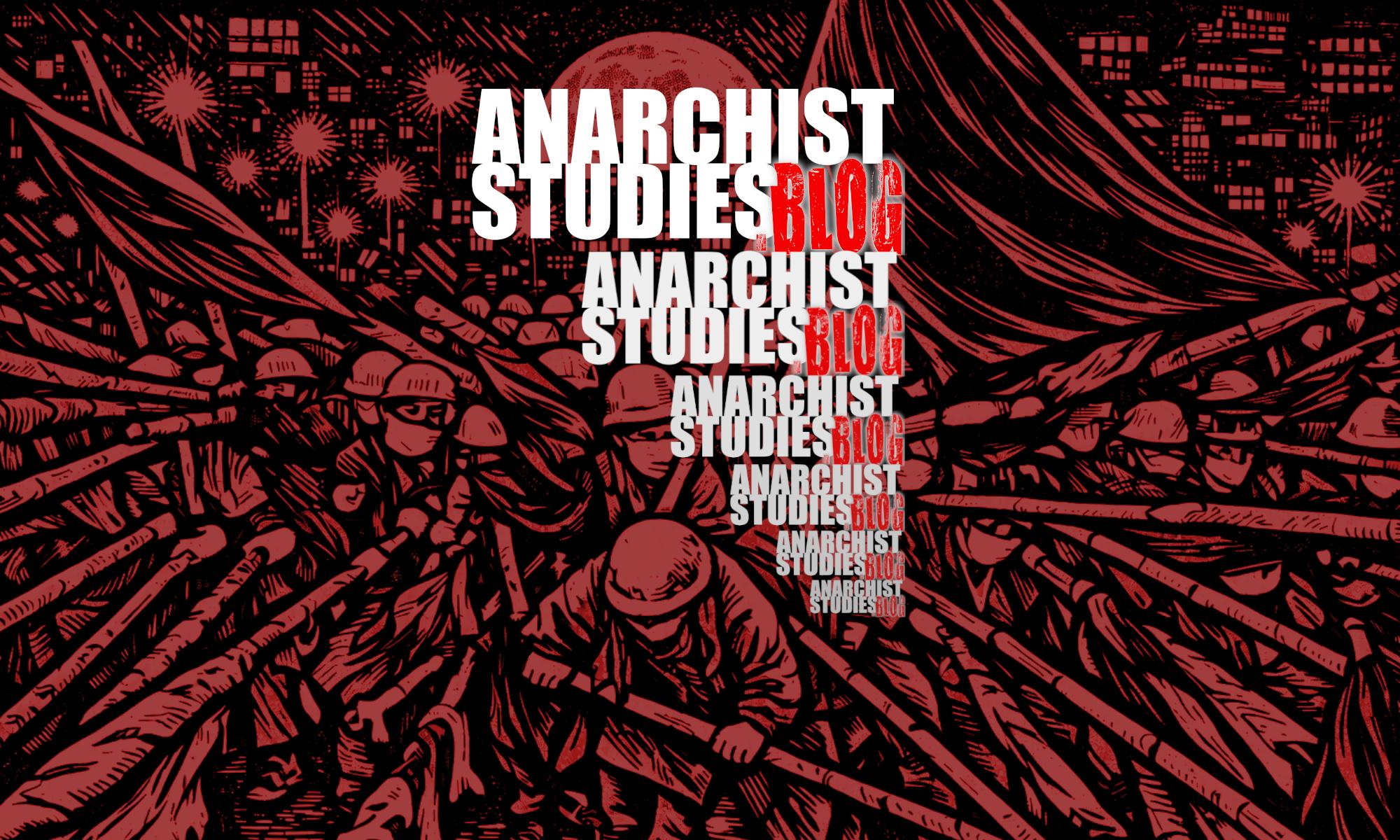by Teresa Xavier Fernandes
5th August 2019
(inspired by Pierre-Joseph Proudhon, Michel Foucault and Saul Newman)

The postanarch manifesto is a “manifestation”:
the irruption of a will.
The postanarch manifesto is “anarch”,
because it just has a “law”: necessity or what could not be otherwise
(it lives and breathes).
The postanarch manifesto is “post”,
because it is engaged in its today,
and is also involved in the past (with nineteenth and twentieth century people).
The postanarch manifesto is the sharing of an affection.
It is the profane narrative of a sacred today from which flows the divine vertigo of the being.
It is the Power that animates the whole and each one:
a practice or an exercise.
The post-an-arch manifesto is a disobedience to Gods and masters,
with only the motto: “I do not obey anymore”.
It is a voluntary ignorance of principles and ends.
The postanarch manifesto is a fascinated positioning.
It is the utopia: the dream held here and now,
creating “other space” today.
The postanarch manifesto is a struggle for survival inside and outside:
a war in peace
and harmony.
A perpetual action is its own first intelligibility principle.
It is a motion, a movement.
The postanarch manifesto is a rebellion that comes from domination:
a new beginning.
The postanarch manifesto is a resistance to the present: a criticism,
a new work and an “other” economy: a truth-telling one
(also an “other” knowledge, or a differential one).
The postanarch manifesto gives form to life,
draws the visible figure of the existence.
It is a brave and risky act of occupation of relational space.
It can displease others, and lead to some errors.
The postanarch manifesto is a transgression that,
overcomes the law, and invents new ephemeral values,
emerging from the desire,
fleeing from democratic domestication,
escaping from the ubiquitous “prisons of high security”,
breaking hierarchies, explorations, repression and the fascism inside oneself and around.
The postanarch manifesto is a spiritual walking,
from the body to the spiritual body (or corporal spirit).
It is an “ascèse de soi” through an engaged body that deletes the ego or dilutes the subject – that cranks over and pluralizes oneself.
It is the folded I that springs from otherness,
It is the reflexive self.
The postanarch manifesto tries a virtuous way
of caring for the self.
It is an ongoing control over desire and passions,
a kind of meditation:
a dialogue with oneself, a examination of conscience, an exercise of imagination, a stylization of daily life.
The postanarch manifesto is a transformation of one’s being, not just one’s thought.
It is a maitrise de soi:
freedom.
The postanarch manifesto is a slow step to the rhythm of the heart, trying to achieve a daily social balance,
or an orderly regimen of moderation.
It is a fight against excesses and lacks,
and for a personal and collective right measure.
It is a reciprocal or mutual act with the world,
an openness to others,
an action in polis.
The postanarch manifesto is a political engagement.
It is democracy and contra-democracy.
The postanarch manifesto goes beyond the state, the biopolitics, the disciplinary power of capitalism, liberalism and Marxism.
It does not want to seize power or the state,
or make a revolution,
or just reform the state.
The postanarch manifesto arises in a non-representative diagram,
beyond parliaments, elections and parties.
The postanarch manifesto is a nomadic and informal move,
in the midst of plural, polymorphous, multiple, dispersed spaces,
countless episodes,
with new figures: kataskopos or scouts,
people with a pure heart, courage, and noble souls.
The postanarch manifesto is a cry or a possibility open to everyone
(not everyone wants to cry this way though)
in equality.
The postanarch manifesto is an artistic and aesthetic driving: an art of existence,
a becoming, a transformation act,
an invention that makes life into an oeuvre.
the roar of the local drum within the cosmic scene,
a poetic act.

